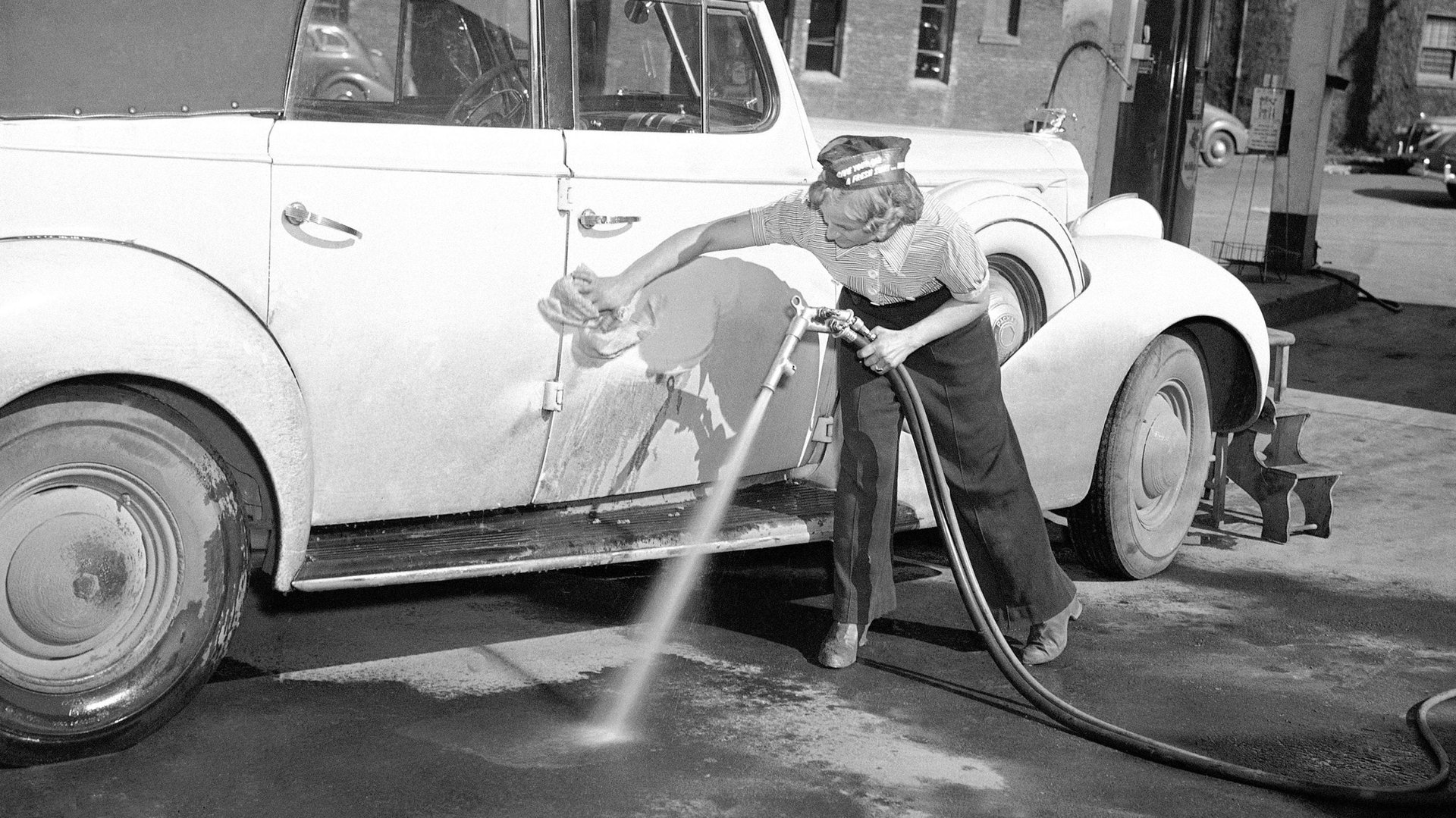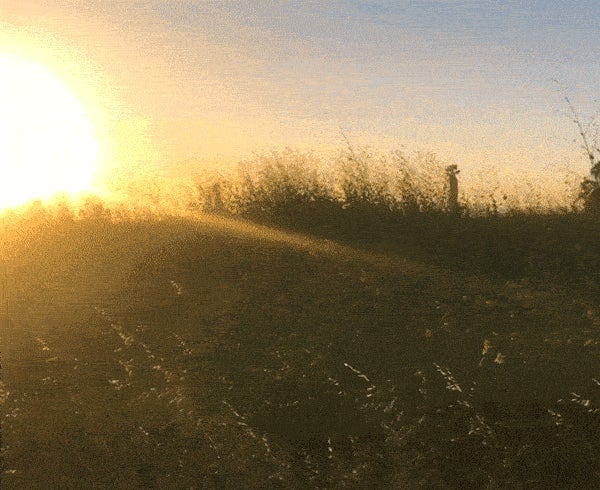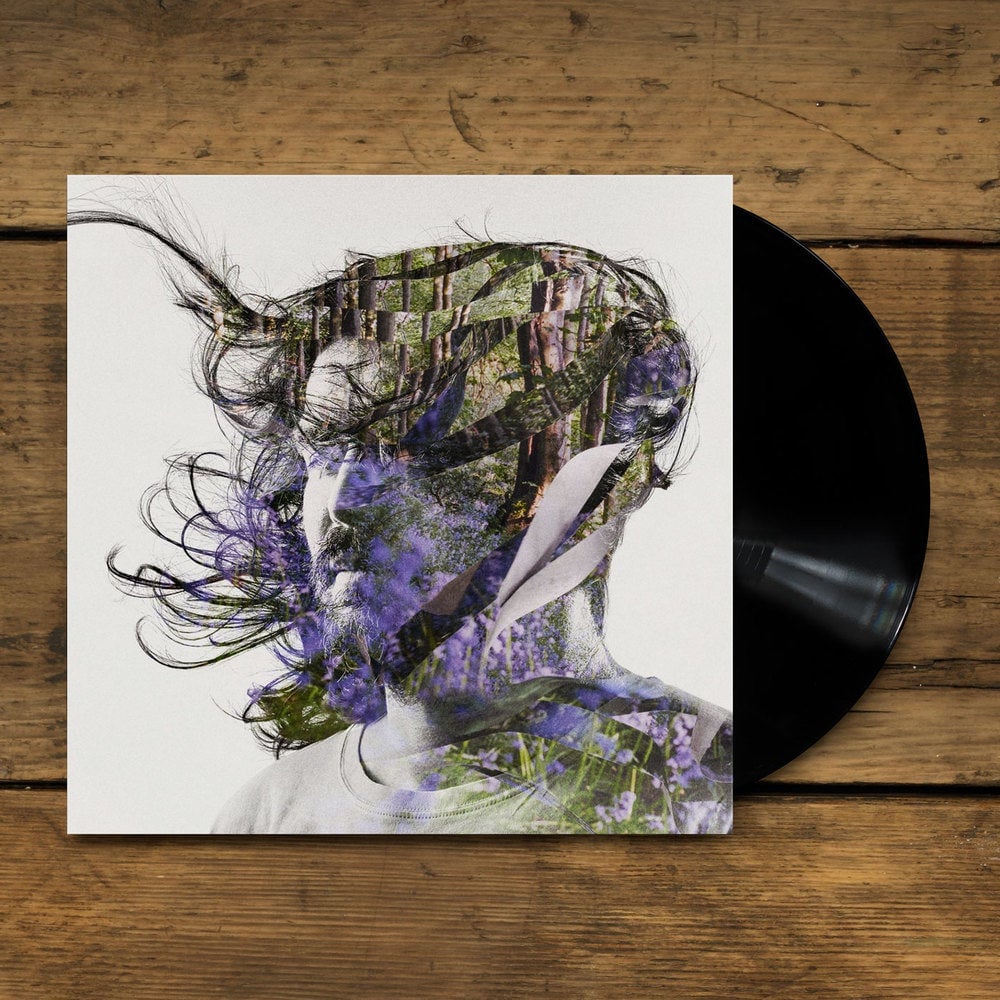Quartzy: the wax on wax off edition
Happy Friday!

Happy Friday!
As magical as springtime can be, I maintain that it’s also a bit of a fractious and explosive time of year—”the most violent of seasons,” as Quartz’s Annalisa Merelli so beautifully wrote.

Here in Los Angeles, warm blustery winds and super-blooms, however beautiful, can form a powerful assault on one’s senses (and allergies). And while the changing season stirs up inspiration, it also blows in a fresh sense of urgency, an awareness of time’s passage, of the year’s beginning in the rearview and new deadlines on the horizon. I need to book some flights. I ought to plant tomatoes. I have at least five articles in progress. It’s a lot.
I want to slow down, to spring-clean, to freshen up, to pull on shorts without feeling startled by my stark-white legs.
And I found a single activity to soothe me: I washed my car.

I realize that not everyone has a car to wash, or the proper environs for doing so. For years I lived without one, much less a driveway or a house with a hose that might facilitate such a suburban activity. These amenities are far less life-changing on a daily basis than say, laundry or a dishwasher. But now that I’ve got them, I realize that to aim a hose at several months’ worth of bird-shit, dirt, and pollen; to soak a giant fleecy mitt in a bucket of soapy water; and then to slop it all over an automobile warmed by the sun are among my life’s greatest luxuries.
This Sunday car-washing might have bordered on revelation because I had recently read Ephrat Livni’s recent piece about getting better at being, by cultivating awareness, ceding effort, and accepting what is.
Ephrat, who is a Zen student, was writing in this case about The Little Book of Being: Practices and Guidance for Uncovering Your Natural Awareness, a new book by Diana Winston, who is the director of mindfulness education at UCLA’s Mindful Awareness Research Center (MARC). Winston talks about “natural awareness,” which sounds a little like what’s often called mindfulness, and how to cultivate it.
Ephrat writes: “Natural awareness, as Winston describes it, is different from our common states. In it we feel spacious, open, rested, content. Not struggling or resisting, just being. It’s a kind of effortless mindfulness, a time when we are not plagued by thoughts and worries and are fine with whatever’s happening, with ‘just this,’ as Winston puts it …
Many people meditate to prompt that transformation, and Winston does too. Her book is refreshingly egalitarian: She espouses no hierarchies of practice. She doesn’t think it’s more important to sit cross-legged on a cushion and contemplate breath than it is to pay attention to your mind when you’re staring out a train window on your morning commute, while working on a project or enjoying your lunch. Any time you can connect with the present, you’re improving existence, she argues.”
So washing one’s car is a means to an end, yes. But anyone who has ever seen my car could tell you: I don’t really care if it’s clean. The activity is also an end unto itself—in the moment that you’re doing it and appreciating it—and there are reasons I think it’s particularly therapeutic. It’s finite (unlike, say, cleaning one’s closet, which I find a slightly fraught and eternal endeavor); it’s a simple procedure with definite steps, some of which can be repeated if you don’t want it to end; it involves water and takes place outdoors; it’s not particularly challenging and the payoff is satisfyingly shiny.

And for me, it’s grounded in nostalgia—and the sense of natural awareness that comes, well, naturally to kids. My dad taught me to wash a car decades ago. It was he who showed me the steps and which supplies to gather, who told me you can’t just drop the mitt on the driveway and pick it up and keep going, lest you scratch the entire car with stowaway grit.
I share this with you in hopes you can find your own version of washing the car this weekend—some little thing (or nothing at all) to allow yourself to fully indulge in, before the moment gets away from you.
Have a great weekend!
[quartzy-signature]


Tune in. Lately when I’ve wanted the springtime vibes to feel a little more gentle and hazy than vivid, I’ve cued up Bibio’s music—specifically, the 2016 album A Mineral Love and his new single “Curls,“ both of which traffic in what Pitchfork’s Brian Howe identified as Bibio’s signatures: “There are carefully detuned guitars that lend an alien sonority to familiar chords. There are analog electronic imperfections texturing the music with streaks and bubbles, like some obsolete, richly colored film stock. And there is his voice, soft and threadbare as a childhood blanket.” Reading what Bibio told Stereogum of “Curls,” he too might have written a book on natural awareness: “The song is inspired by a collection of separate memories, observations and fantasies, seemingly unrelated but tied together by a theme of admiration of those small things in life … small observations and experiences, like the smell of rain on wool or fresh air captured in a person’s hair after coming inside from a walk outside. These moments can be joyous and profound at times, a reminder of what life can be about, both meaningful and beyond meaning.” And Bibio’s new album, Ribbons, comes out today.